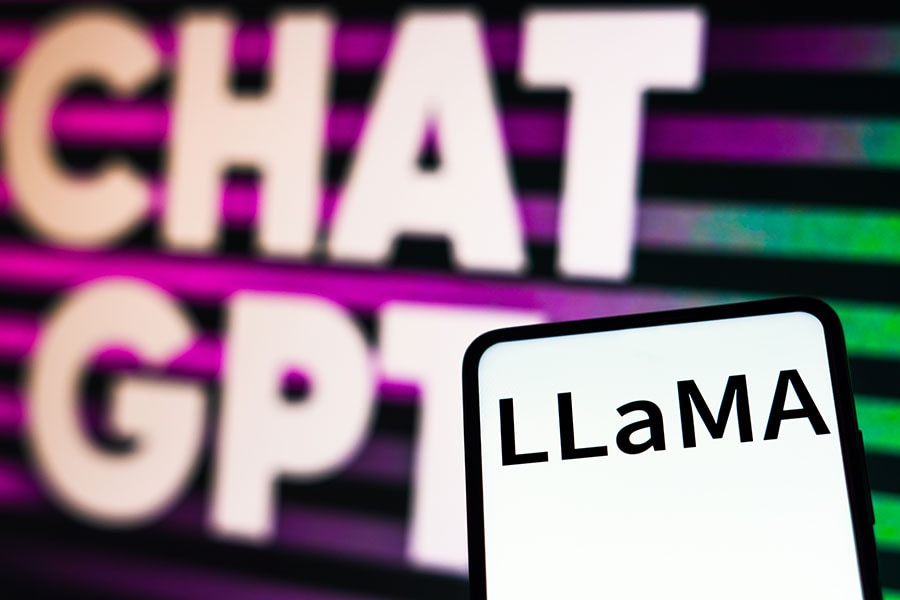
Unravelling the ethics of large language models: Navigating concerns in ChatGPT and beyond
Here's a look at the evolution of the Internet and the growth of online content, leading to the emergence of search engines and the advancement of Natural Language Processing, leading to LLMs
 LLMs would be great tools to enhance the productivity of people in their daily work. But, recently privacy concerns have been raised in Europe on using private publicly available data for building LLMs models.
Image: Shutterstock
LLMs would be great tools to enhance the productivity of people in their daily work. But, recently privacy concerns have been raised in Europe on using private publicly available data for building LLMs models.
Image: Shutterstock
Large Language Models (LLMs) like ChatGPT by OpenAI or BARD by Google are artificial intelligence-based machine learning models trained on large amounts of text data to generate human-like language responses. Such LLMs would be great tools to enhance the productivity of people in their daily work. Recently, privacy concerns have been raised in Europe on using private publicly available data for building LLMs models. Soon, other nations will likely encounter similar problems, which might lead to blocking such applications. Concerns have also been raised on the legality of using the available online documents to learn LLMs and the possibility of monetising the information. In this article, we look at the evolution of the Internet and the growth of online content, leading to the emergence of search engines and the advancement of Natural Language Processing, leading to LLMs. The article highlights the ethical issues of LLMs and provides remedies to mitigate them.
The Internet revolution: Democratising information and the rise of large language models
The 1990 emergence of personal computers and the World Wide Web (WWW) led to the popularity of the Internet. For the first time in the history of civilization, information sharing and access were truly democratised as the Internet provided a platform for people to create and share content of various types (text, video, audio, and so on) on a massive scale. This led to the challenge of locating and finding the relevant information source of interest, with users relying on knowing the URLs of the specific websites. Initially, directory catalogues and hierarchy-based navigation with limited keyword search evolved as a plausible approach. It was only with the advent of modern search engines like Google that users could search for information quickly and efficiently across the internet's vast and rapidly growing landscape.Also read: ChatGPT vs. Hybrids: The future depends on our choices
Empowering productivity: How large language models transform information retrieval
Today, people must read through multiple contents across various sources to form their understanding of a particular concept. Reading can be tedious, and consuming enough content to grasp a profound concept might take time. LLMs, based on vast amounts of textual data available on the Internet, use machine learning to offer a solution to this challenge. Based on this understanding of the topic, the LLMs can automatically create a summary on a particular topic or respond to various related queries. Thus, LLMs can be a productivity-enhancing tool that can save hours of manual research by providing quick answers and have applications across multiple domains. LLMs can bring transformative changes across domains like legal consulting, healthcare, education, market research, and so on. The ethical concerns raised on LLMs related to data access, privacy, and liability must be resolved for broader adoption and to reach their transformative potential.
[This article has been reproduced with permission from the Indian School of Business, India]







